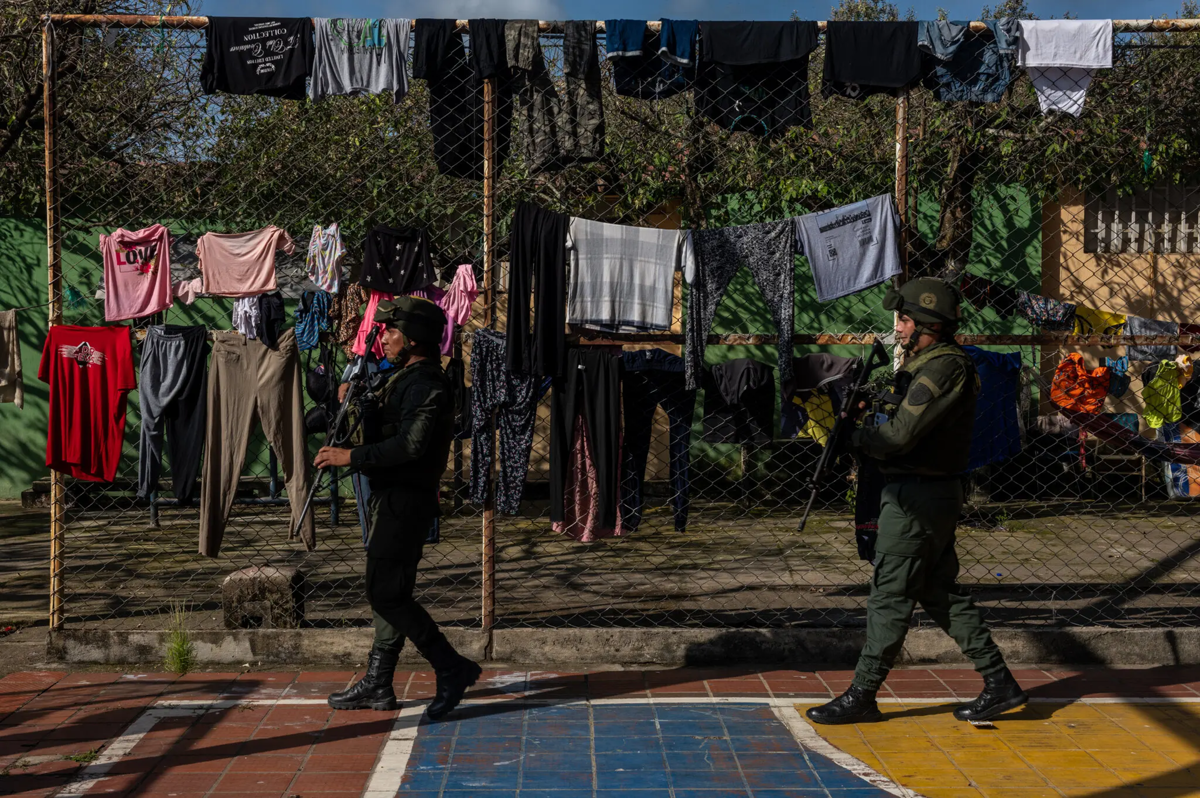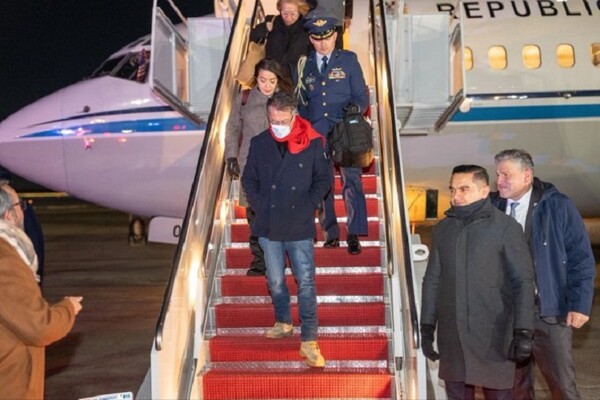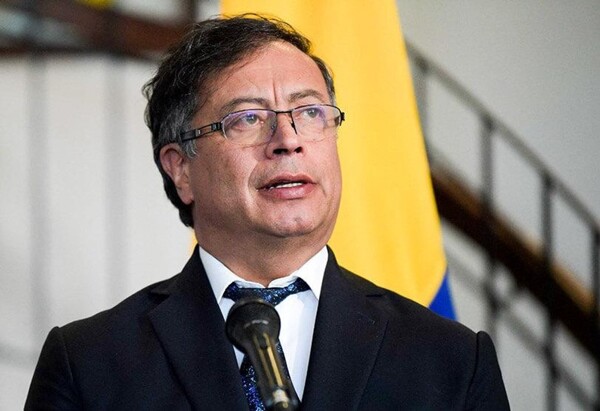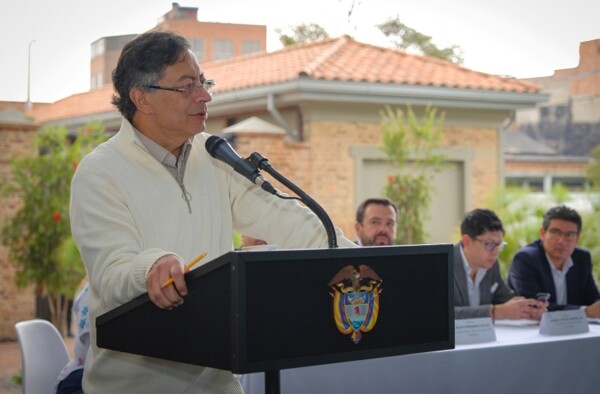
The Trump administration cut vital aid to maintain a peace agreement with the FARC in Colombia, leading to a resurgence of violence in various parts of the country. International cooperation, particularly from USAID, has been essential in implementing the peace agreement and supporting economic development in conflict-affected areas.
When Colombia signed the peace agreement in 2016, it was celebrated for ending decades of internal war. However, the withdrawal of USAID funding has had a negative impact on key projects for maintaining peace, including the Special Jurisdiction for Peace, a court dedicated to judging crimes against humanity and war crimes committed during the conflict.
American support has been vital in helping displaced people return to their lands, pursuing war crimes, and offering alternatives to coca cultivation in Colombia. However, the suspension of aid has led to negative consequences, such as the resurgence of violence in several regions and the weakening of peace consolidation efforts.
The withdrawal of aid has affected nonprofit organizations that depended on U.S. funds to carry out development projects and democracy consolidation in Colombia. Moreover, the lack of funding has hindered land mapping in conflict zones, jeopardizing the formalization of peasant land ownership.
The situation has been complicated by the presence of eight distinct armed conflicts in Colombia and the resurgence of armed groups after the demobilization of the FARC. The withdrawal of U.S. aid has left organizations and communities that depended on these resources in a precarious situation to operate and maintain stability in the country.














